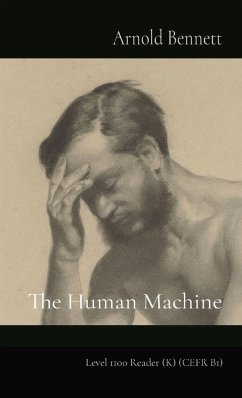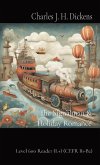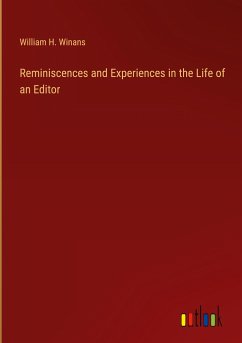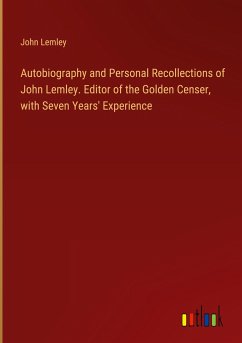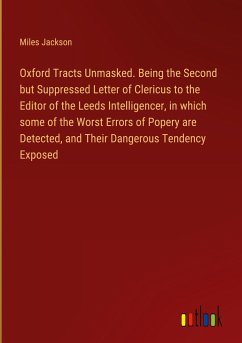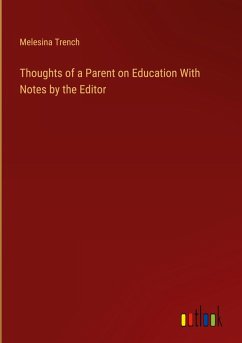The Human Machine: Level 1100 Reader (K) (CEFR B1) is a contemporary reimagining of Arnold Bennett's The Human Machine (1905), which focuses on self-improvement and the mastery of the mind for a more enriched daily life. Bennett provides insights into personal growth and understanding the human mind to achieve a more fulfilling existence. Additionally, he explores human behavior and offers practical advice on developing a disciplined mind, which remains relevant even more than 100 years after its initial publication. The central theme throughout the book emphasizes the transformative power of disciplined thinking, shaping values, and influencing interactions. ¿¿¿¿¿¿¿¿¿¿¿¿¿¿¿¿¿Level 1100 Matatabi Reader (K) * Flesch Kincaid Grade Level 8 to 9 (Plain English) * CEFR B1 * (K): 1080 Headwords * 5100 Words
Hinweis: Dieser Artikel kann nur an eine deutsche Lieferadresse ausgeliefert werden.
Hinweis: Dieser Artikel kann nur an eine deutsche Lieferadresse ausgeliefert werden.

